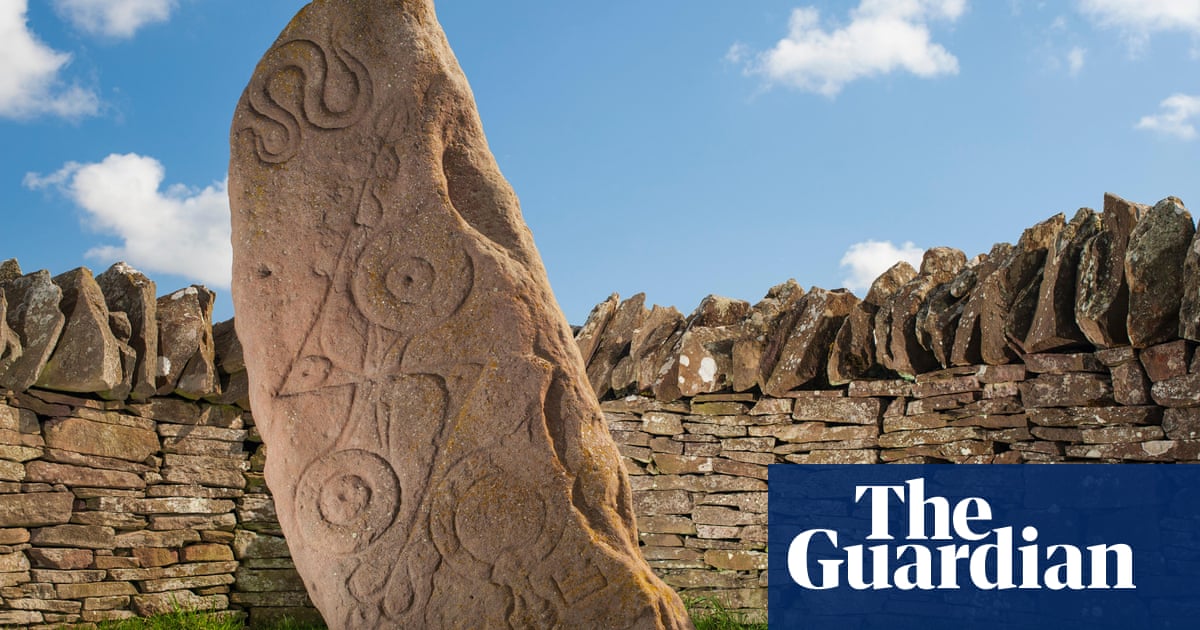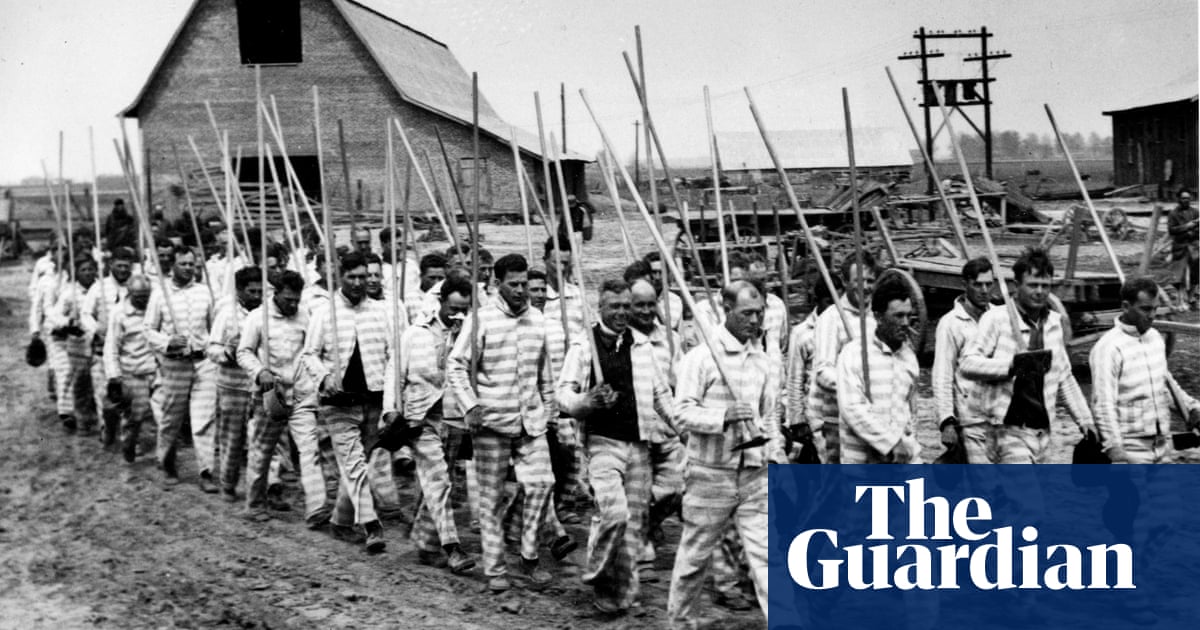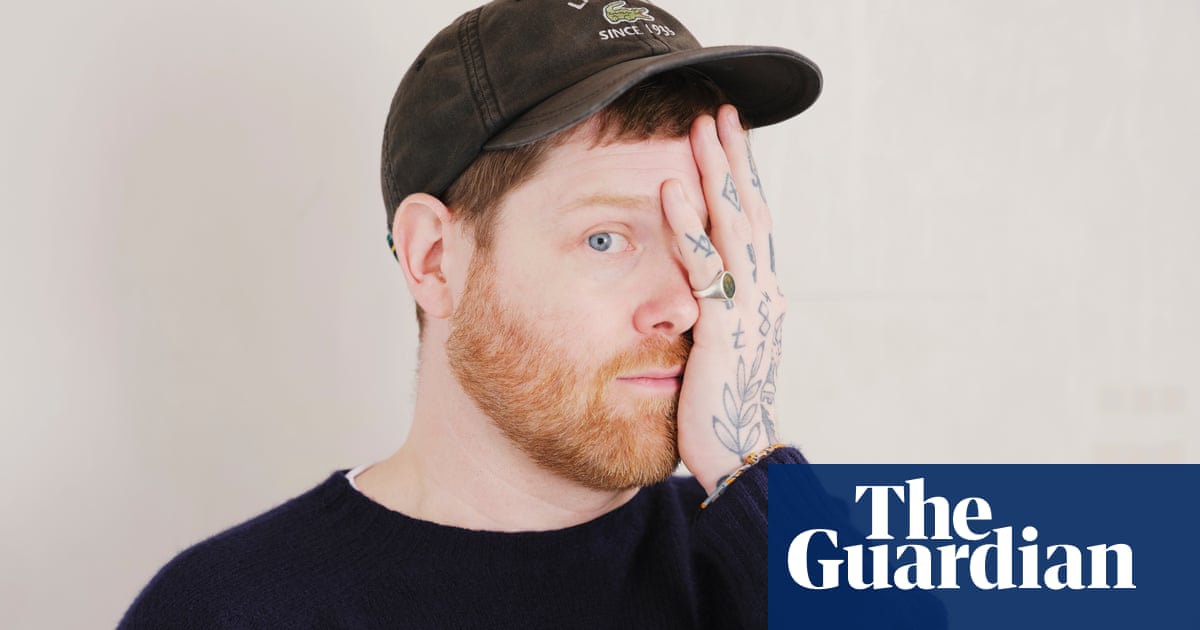
Facebook is facing the biggest corporate boycott in the company’s history.
Following a call from advocacy groups working under the umbrella Stop Hate for Profit, more than 300 advertisers have pledged not to spend money on the platform for the month of July.
Although the boycott is unlikely to sink the company, it has received Mark Zuckerberg’s attention (about 98% of Facebook’s $70bn in annual revenue comes from advertising).
Zuckerberg has been forced to address the campaign in company meetings and is meeting on Tuesday with organizers to discuss hate speech on the platform and demands behind the boycott.
Among the organizations participating is Color of Change, an online civil rights group that has been campaigning for racial justice on Facebook for several years. The Guardian spoke with the group’s president, Rashad Robinson, about organizers’ demands, the meeting, and what to expect from the movement next.
Color of Change has long targeted Facebook over its policies. What led to this boycott and how do you think it is different from past actions?
What we have done differently this time is to go directly to big advertisers who also have not been able to get changes from the platform: advertisers who see their ads on Facebook showing up next to white supremacist and white nationalist content and who have watched as Mark Zuckerberg has seen himself as too powerful to have to listen.
Color of Change has a long history of running corporate campaigns and corporate boycotts, so this is nothing new for us – it’s part of our DNA. But what is important here is that this really does stem from the fact that we had exhausted all other avenues.
We had spent hours upon hours back and forth with Facebook. We had been attacked by the company through paid operatives and still showed back up at the table. We did it all because we believe our elections and stopping hate is so critically important. But we got to the point where we have to say enough is enough.
So now the question is: Mark has thumbed his nose at social justice organizations. Will he continue to thumb his nose at big advertisers well?
Facebook has faced scrutiny from Congress as well as walkouts organized by its own employees. Why do you think the boycott has gained the most momentum – is it the economic incentive?
I think it’s hitting their pockets and hitting their stock prices. To be clear, it’s not really hitting its bottom line because of how insulated the model is. But I do think that the cultural significance of so many big brands stepping away is huge. It creates a sort of a singular experience for the leadership of being isolated in a new way, having to explain themselves in a new way. They also cannot just credit this to crazy outside activists, because you can’t really call Unilever and Coca-Cola crazy outsiders.
What do you think has shifted that has allowed this boycott to take off the way it has?
A lot of corporations that I’m talking to directly have made powerful statements about why Black lives matter. Many of them have tried to donate money to Color of Change and we don’t take direct financial support. So I tell the companies, “OK, if Black lives matter, I want you to stop advertising on Facebook.”
What changes is the boycott asking for?
We have a list of 10 full demands. One is that Facebook removes the political exemption that allows some public figures to violate policies. Another is that Facebook needs civil rights expertise in their C suite. They continue to make policy and products without any kind of understanding of voter suppression, of suppression of voices.
Mark Zuckerberg spends his time lecturing us on freedom of expression. It’s such an arrogant thing for a billionaire to tell Black activists about freedom of expression, as if the fight for social change and progress that Black people have isn’t one of the baselines of freedom of expression. Part of that freedom is ensuring that our voices can still be heard in the face of powerful unchecked forces.
You’re meeting with Zuckerberg on Tuesday. How do you think that will go?
They reached out and asked for a meeting. We have been not shy about our demands we have not been shy about our campaign. I’m going in with open ears, they requested a meeting and I am looking forward to what they have to say.
I’m hearing stories coming that Mark doesn’t believe the advertisers are going to stick with it, Mark believes that it’s not a big deal. I want to see if he thinks the advertisers are just a bunch of punks that he can control, to see if he believes he is all-powerful and doesn’t have to have any accountability.
Why do you believe Zuckerberg has been so reluctant to change in the past?
I will say in my meeting with him: I often expect him to know more about some of the stuff than he does. I regularly leave the meeting thinking that I might know more about coding a platform than he knows about civil rights and voting rights, and I don’t know anything about coding a platform – yet he is making decisions on the most powerful platform that the world has known.
Are there any moves Facebook has made in recent years that you think were positive or that you think they should continue?
The audits have resulted in some policies that we have appreciated. They stopped some of the practices of discrimination in housing and credit and employment. They settled cases the ACLU and others had brought around housing, particularly where people could put up ads that were only targeted towards white people. They have gotten rid of a number of white nationalist closed groups.
But here’s the thing: they put together policies sometimes that are actually good but do not enforce them. Or they only enforce them against some people. It’s like having drug laws in New York City where you enforce them in Harlem but not on Columbia’s campus. It’s two sets of rules.
Are you personally a Facebook user?
Yes, I am personally a Facebook user and Color of Change has built an audience there. This is why it’s so important – I work to change a lot of things in this country that I’ve used, and that is part of living in a democracy in a country – you want a system to work better for you and everyone else.
It is important to know Facebook has 2.6 billion users. So just opting out of a platform that has such broad reach and has such a deep hold over the public – that has our data and sells our data – is not enough. I believe my job here is to make it better.
Do you think a social media platform that actually upholds civil rights is possible, and what would that look like?
The thing about civil rights is that you actually have to follow the rules of the road – they should not be dependent on the feelings of the individual person in power. So we need some new rules for our tech companies.
In the absence of that, we need Facebook to not put its hand on the scale of this upcoming election, and to ensure that their platform actually doesn’t do the things that it did in 2016, which supercharges with its algorithm voter suppression and misinformation and disinformation. We need them to be accountable for that, and to think about more than just money and growth.
Are you optimistic that Facebook will change as a result of this boycott?
I am optimistic that we have created a new public and cultural narrative around the dangers, and the harm being caused by Facebook, and a leadership that seems unwilling to do things that are responsible.
Whether it is employees at Facebook, the public, or advertisers, I think we have reached an age where people are more aware and being aware can lead up to greater action on solving the problem.
This interview was edited for length and clarity












